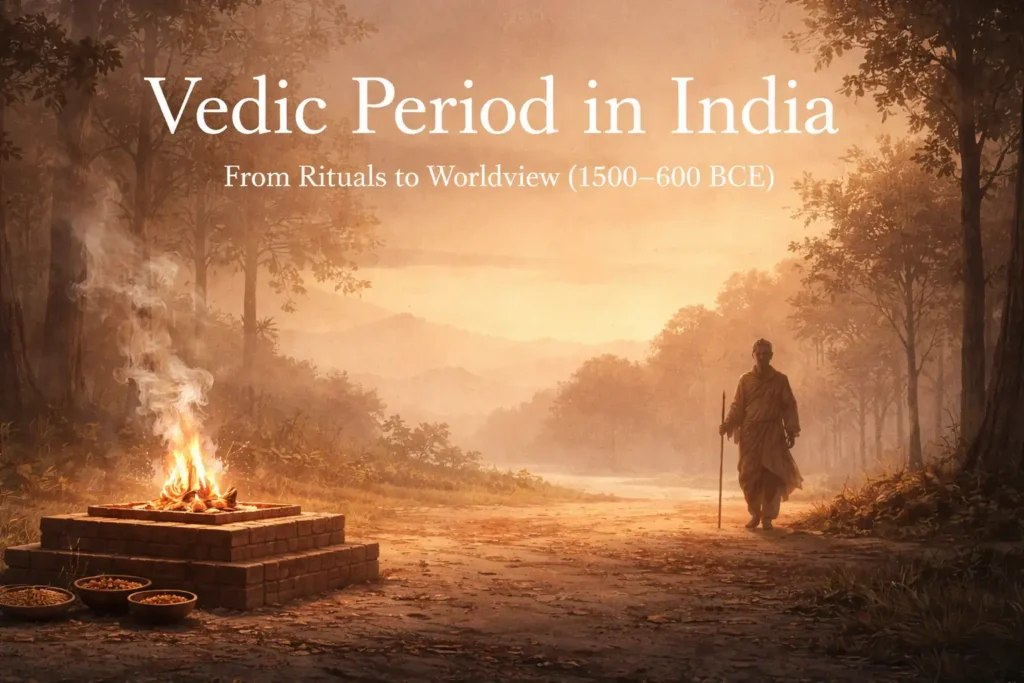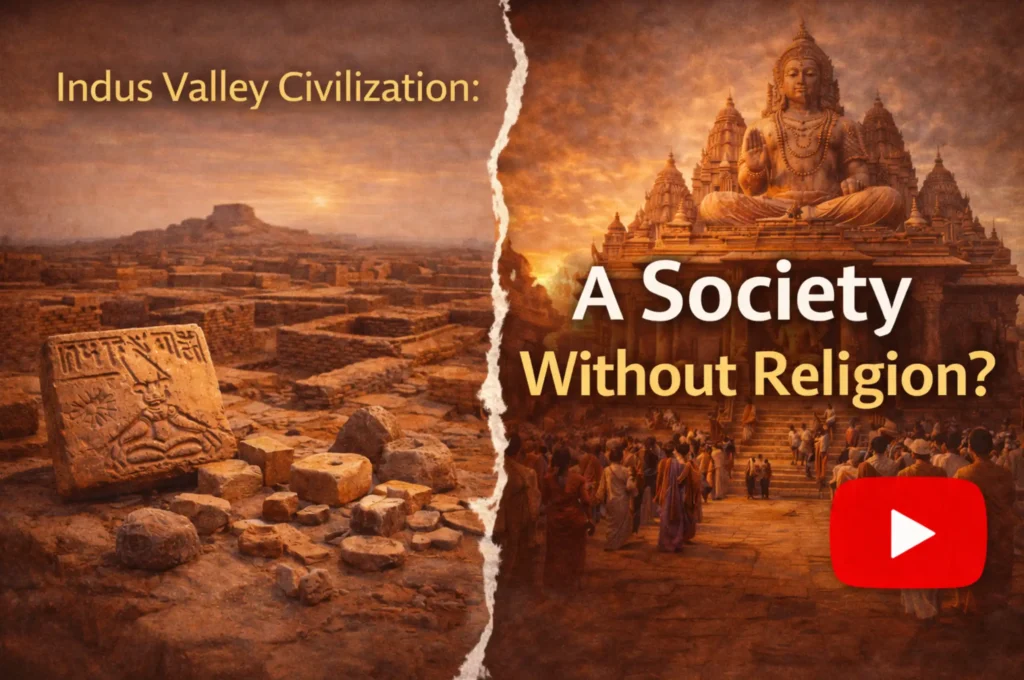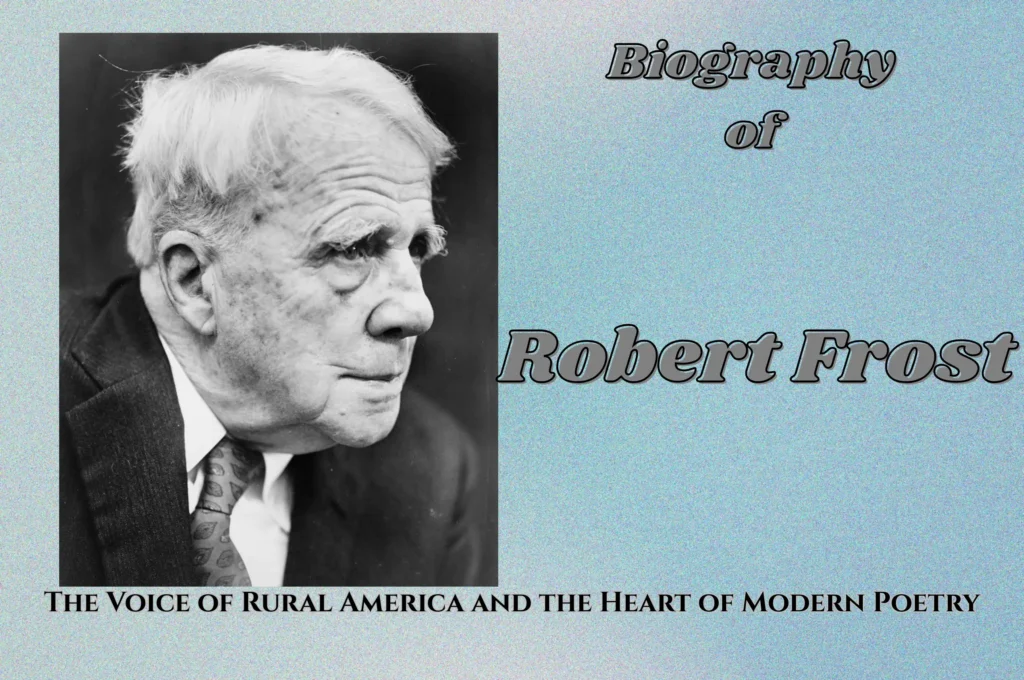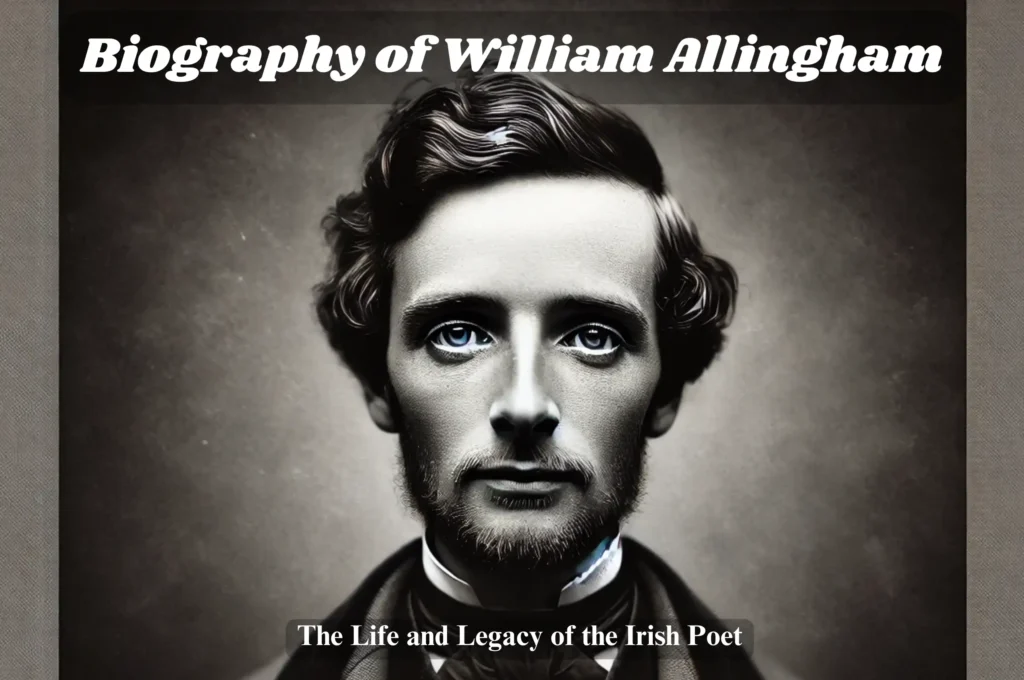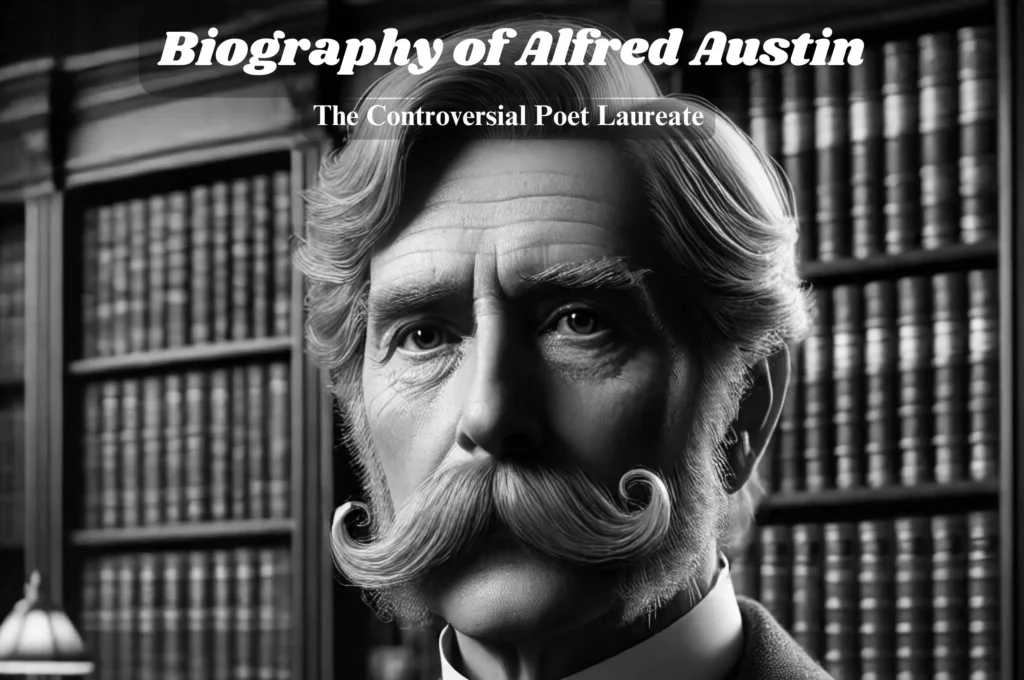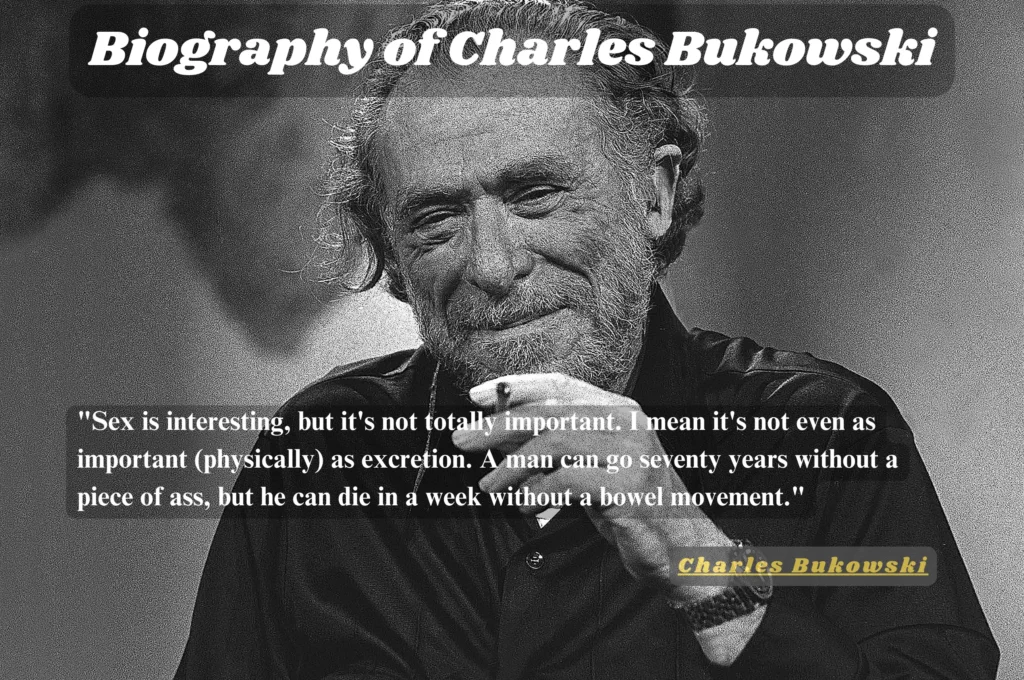Few names in literary history carry as much weight as poet Dante Alighieri, the visionary behind The Divine Comedy of Dante Alighieri. His magnum opus, often simply called The Divine Comedy, is a masterpiece that has shaped literature, philosophy, and theological thought for centuries. This epic poem takes readers on an extraordinary journey through the afterlife—descending into the terrifying depths of Dante Alighieri Dante’s Inferno, ascending the hopeful realm of Purgatory, and finally reaching the celestial splendor of Paradise.
Beyond his poetry, Dante Alighieri’s influence extends into politics, language, and cultural identity. His decision to write in the vernacular rather than Latin helped establish Italian as a literary language, and his works continue to inspire scholars, artists, and storytellers today. Whether you’re a history enthusiast, a literature lover, or simply curious about one of the greatest poets of all time, exploring The Divine Comedy poem offers a glimpse into the mind of a genius whose words still resonate across generations.
In this post, we’ll dive into the life, works, and enduring impact of poet Dante Alighieri, uncovering the brilliance behind one of the most celebrated literary creations in history.
Navigate to: Poets and Poetry – Selected timeless classics
Poet Dante Alighieri: Biography, and Poems

Biography of Dante Alighieri
Dante Alighieri (1265–1321) was an Italian poet, philosopher, and political thinker, widely regarded as one of the greatest poets in Western literature. His masterwork, The Divine Comedy, remains one of the most profound and influential literary achievements of all time.
Born in Florence in 1265 to a noble but impoverished family, Dante was actively involved in the city’s turbulent politics. He served as one of Florence’s governing officials and supported measures against Papal influence. However, in 1302, when a French-backed faction seized power, Dante was accused of corruption and exiled under threat of execution should he return. He spent the rest of his life in exile, wandering through various Italian courts and dedicating himself to his literary pursuits.
Dante’s early works include Vita Nuova (1294), a collection of poems and prose exploring his deep, spiritual love for Beatrice Portinari, who remained his muse despite their separate marriages. In De Vulgari Eloquentia (circa 1304), he argued for the use of vernacular Italian instead of Latin in literature. His philosophical treatise, Il Convivio (The Banquet), and his political work, De Monarchia, further reflected his intellectual depth, the latter advocating for secular political authority independent of the Church.
Dante likely began The Divine Comedy during his years of exile, completing it around 1321 while living in Ravenna. The epic poem, structured in three parts—Inferno, Purgatorio, and Paradiso—is both a vivid journey through the afterlife and a profound allegory of the human soul’s quest for divine enlightenment. Guided first by the Roman poet Virgil and later by Beatrice, Dante traverses Hell’s circles, ascends Mount Purgatory, and ultimately beholds the glory of Heaven. The work synthesizes medieval theology, philosophy, and classical influences into a grand vision of justice and redemption.
Dante died in Ravenna on September 14, 1321. His legacy endures not only through The Divine Comedy, which helped establish the Italian language, but also through his contributions to literature, philosophy, and political thought. His vision of the afterlife continues to shape art, culture, and theological discourse to this day.
Poems by Dante Alighieri
The Divine Comedy by Dante Alighieri – A Journey Through Hell, Hope, and Heaven
Why should you read “The Divine Comedy“?
3 Parts of The Divine Comedy Explained
Poems in The Divine Comedy – A Journey Through Hell
- Canto 1
- Canto 2
- Canto 3
- Canto 4
- Canto 5
- Canto 6
- Canto 7
- Canto 8
- Canto 9
- Canto 10
- Canto 11
- Canto 12
- Canto 13
- Canto 14
- Canto 15
- Canto 16
- Canto 17
- Canto 18
- Canto 19
- Canto 20
- Canto 21
- Canto 22
- Canto 23
- Canto 24
- Canto 25
- Canto 26
- Canto 27
- Canto 28
- Canto 29
- Canto 30
- Canto 31
- Canto 32
- Canto 33
- Canto 34
- Inferno (English)
- Paradiso (Italian)
- Inferno (Italian)
- Purgatorio (Italian)
- Love and the Gentle Heart
- Sestina
- There is a Gentle Thought
- Inferno Canto03
- Inferno Canto 01
- Inferno Canto02
Famous Quotes by Dante Alighieri [Link]
“In His will is our peace.”
– Paradiso, Canto III
“The darkest places in hell are reserved for those who maintain their neutrality in times of moral crisis.”
(Note: This quote is often attributed to Dante, but it is a modern interpretation of his themes rather than a direct quote.)
“He listens well who takes notes.”
– Inferno, Canto XV
“Love, which absolves no one beloved from loving, seized me so strongly with his charm that, as you see, it does not leave me yet.”
– Inferno, Canto V
“Follow your own star, and you will never fail to find your glorious harbor.”
– Paradiso, Canto XV
Read More quotes by Dante Alighieri
Dante Alighieri Books
Dante Alighieri Books on Amazon

Explore our Literature YouTube Channels:
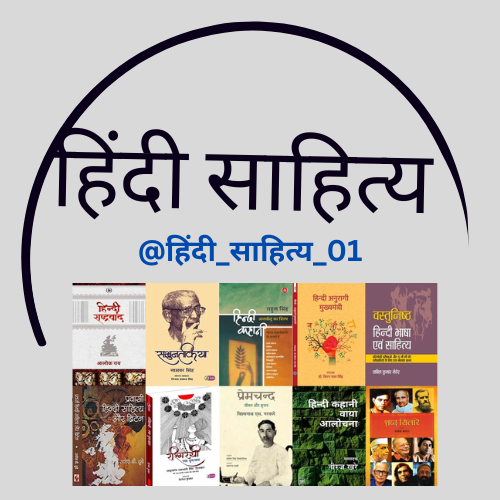
YouTube Channel Link:

YouTube Channel Link:

YouTube Channel Link:

YouTube Channel Link

